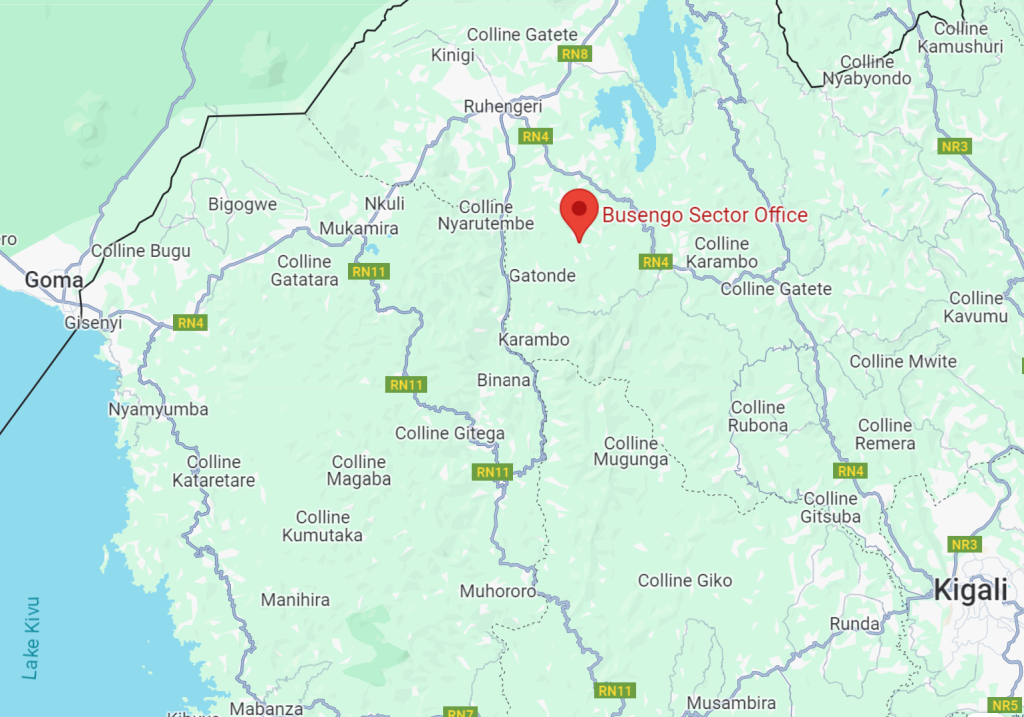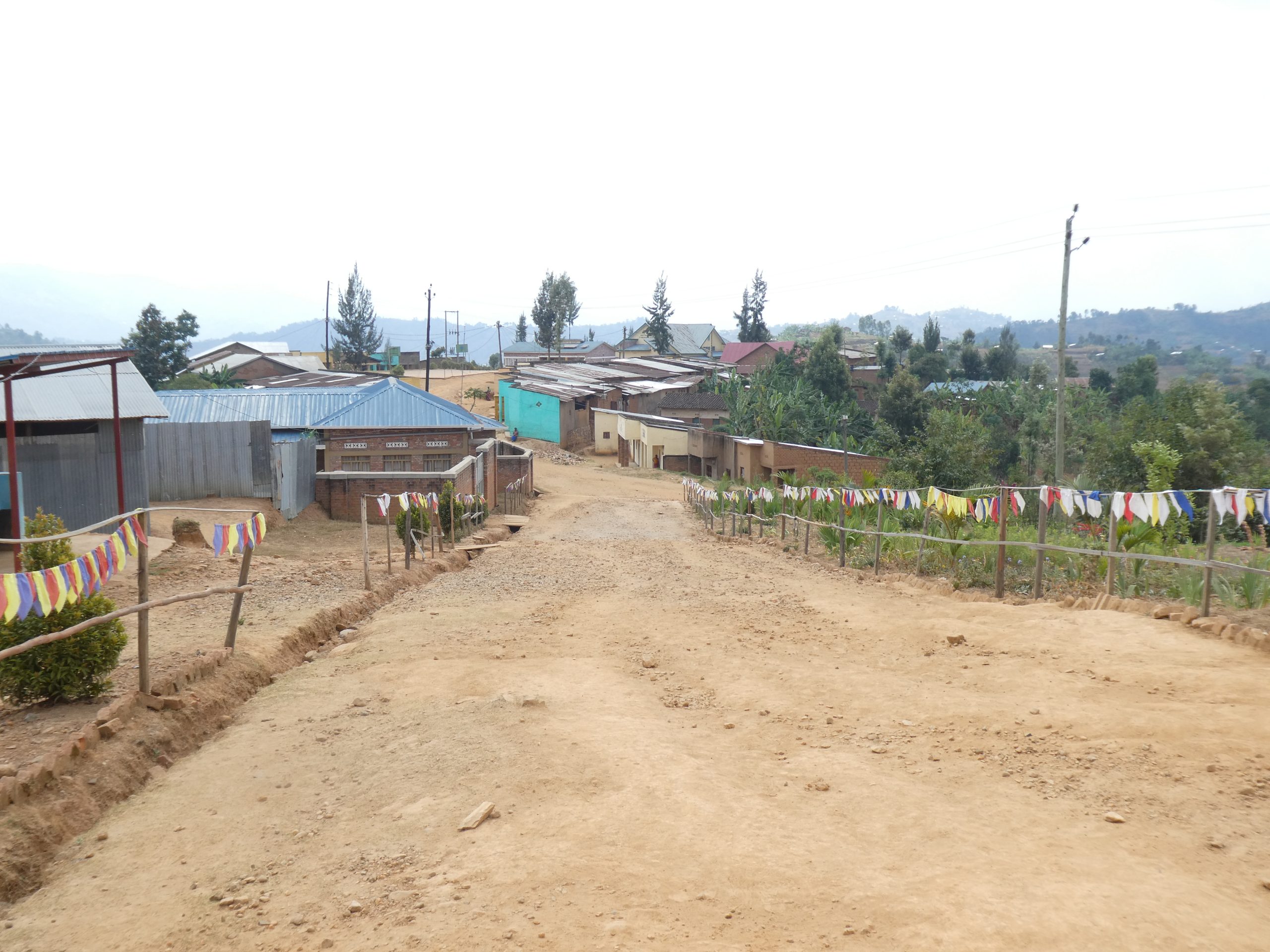Busengo is one of the nineteen sectors in Gakenke District, in the Northern Province of Rwanda. The Busengo sector is composed of a vast community of approximately 30.000 persons who are dispersed over a large area. A majority of the families within this sector live of sustenance agriculture or daily wages (approx. 1 dollar a day) and are therefore very poor.

Supplementing daily agricultural wages with funds generated from other sources such as a micro-business can have a significant impact on the socio-economic stability of the family and give them the means to be able to make longer-term commitments such as sending their children to school, address health issues of the family and make improvements to their homes (acquire improved cooking technology which will improve the heath of the family and gaining access to electricity which will allow the childen to study after sunset and give the family access to radio or other sources of information).
Many women find themselves in particularly difficult socio-economic situations as they have been abandoned with small children. Many children drop out of school during the primary years as there is a food shortage and they need to contribute to the farming of the family land or earn a daily wage for the family to purchase food. Most of the families see little added value in sending their children to school, as they have to pay for certain expenses related to school (lunch, books, uniforms), which they cannot afford, and they need the help and support of the children in providing food for the family.
Some schools try to cover the cost of the expenses of the children that cannot afford to pay the contribution, but this is an economic burden on the school and leads to increasing debts. Few people manage to break out of the poverty tap in Busengo because there is no clear perception that a higher level of education will provide better job opportunities or improve quality of life and because there are very few job opportunities other than agricultural farming in the sector.

